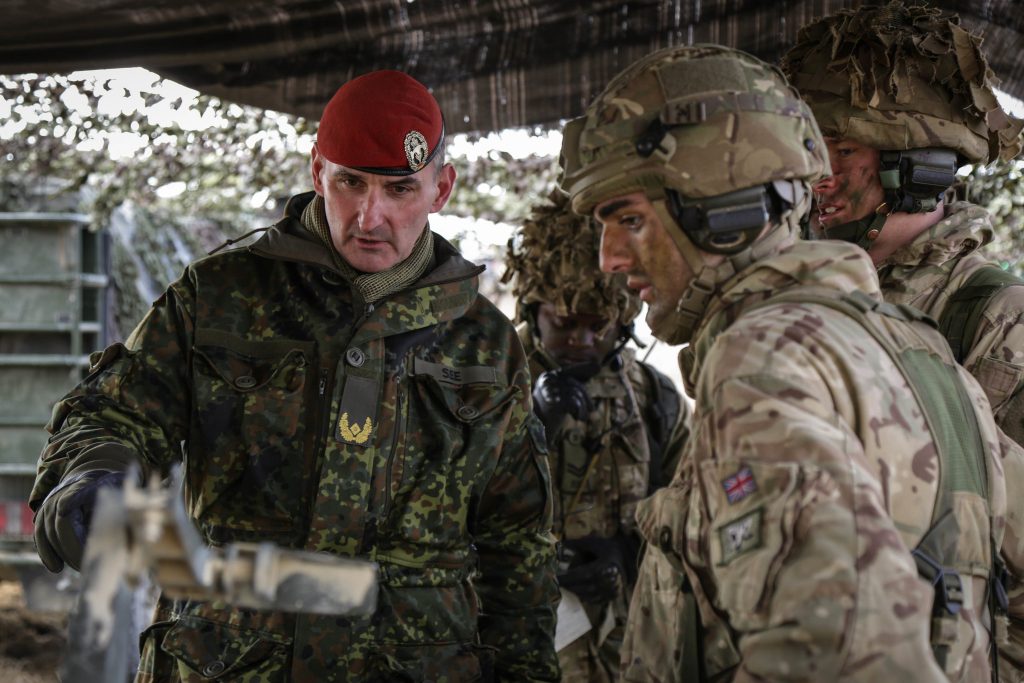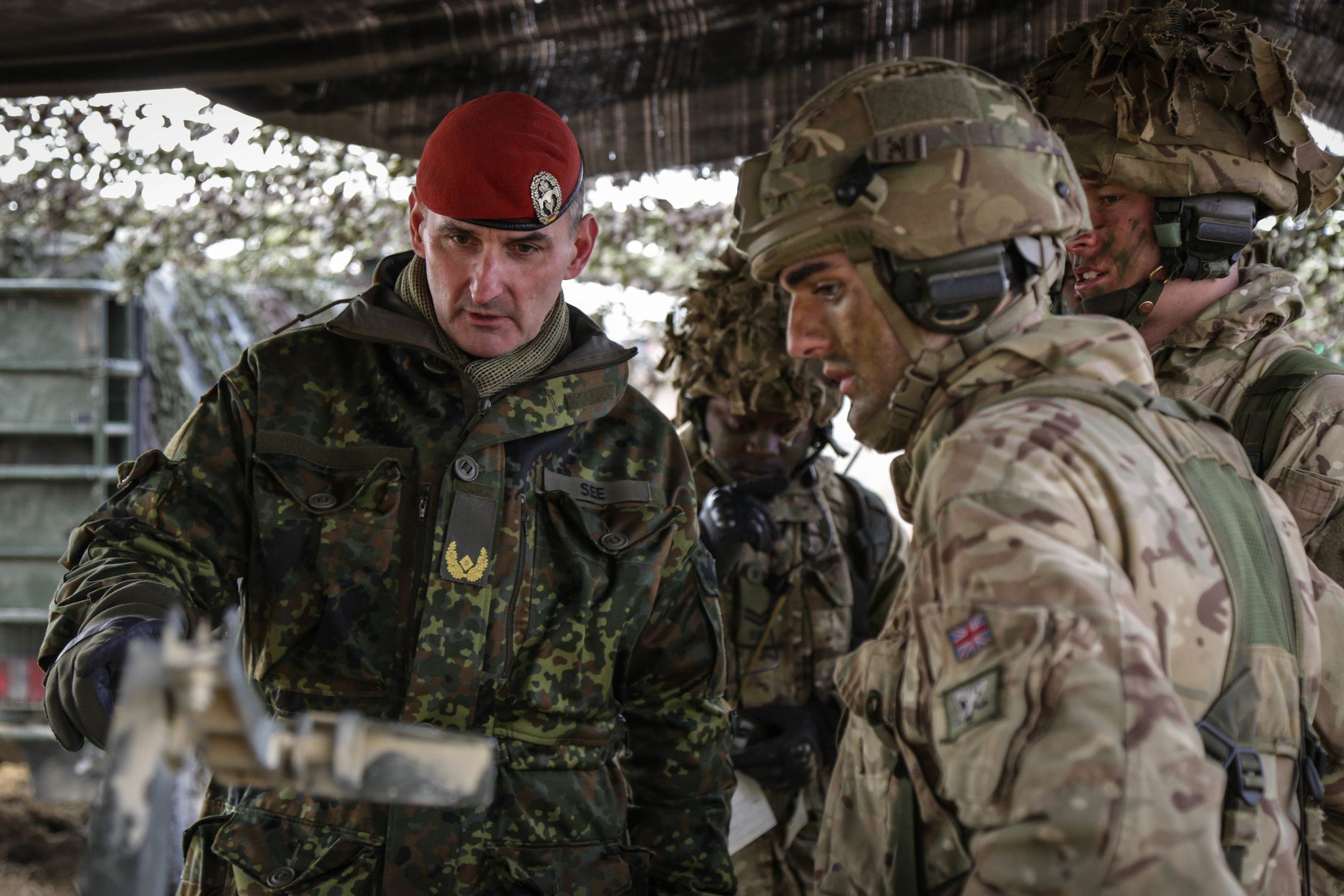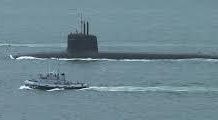
The coronavirus pandemic will harm European defense strategically, politically, and financially. To mitigate these consequences, Europeans must start shaping joint and immediate answers.
When NATO defense ministers met virtually on April 15, 2020, they praised the alliance’s role in offering support during the coronavirus pandemic, from transport aircraft to medical supplies. After a difficult start, NATO’s crisis management is working. But such praise deflects attention from the long-term economic, strategic, and political risks that the pandemic carries for the defense sector.
Europeans can limit these consequences if they devise joint solutions now. If they miss this opportunity and insist on national responses, they threaten to reduce Europe to strategic irrelevance. European countries will not have the capacity to manage military risks. The 2007–2008 financial crisis showed that pursuing national approaches is a recipe for failure, particularly in Europe, where most armed forces have already shrunk to bonsai armies.
The political reactions to the current pandemic have been shaped by an increasingly inward-looking mindset. Most European states stress the importance of managing the crisis together; on April 10, EU finance ministers agreed on the biggest economic support program in the union’s history. But many states struggle to follow this advice in practice. Traditional cleavages persist, as the debate about so-called coronabonds demonstrates: this joint debt instrument has been proposed by southern European countries, like Italy and Spain, but opposed by northern ones, such as Germany and the Netherlands.






